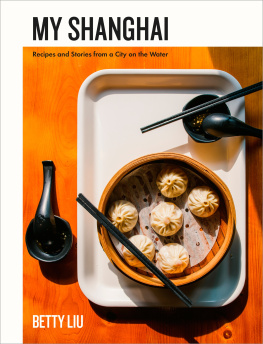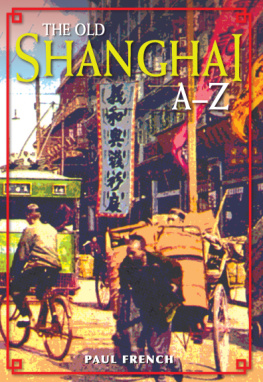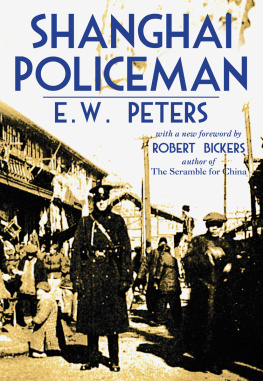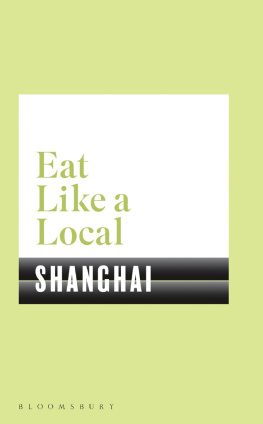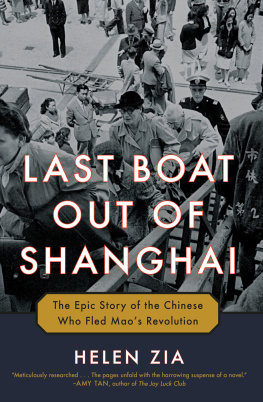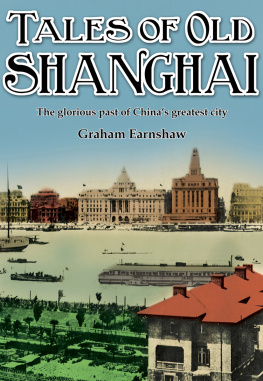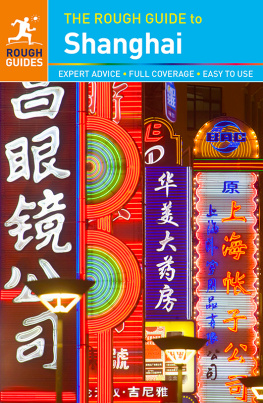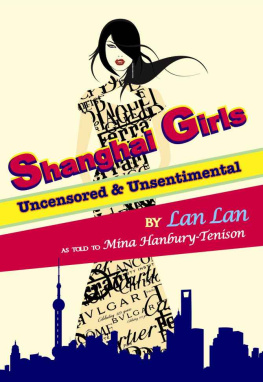Contents
Guide
To my mom, my dad, and Alexs mom and dad.
You taught me about my roots and how to cook.
And to Alex, who is my everything.
Contents
I first had the seed of an idea to write this book one afternoon as I watched my mom wrapping zongzi,glutinous rice dumplings in bamboo leaves. I was just starting to learn how to cook, teaching myself with a combination of calls to my mother, Google searches, and old-fashioned trial and error.
My mom cooks from instinct and muscle memory rather than laboring over a recipe. No careful measuring with teaspoons or cups for hershe makes additions and adjustments by paying attention to her senses. All throughout cooking, she tastes and tests, adjusting to build up layers of flavor. That afternoon, as she instructed me to add enough soy sauce, cook until its done, and add about a throw of sugarinstructions that made it obvious to me that I lacked her culinary instinctsI scribbled away on my notepad, guessing at quantities and noting the steps, ready to test it out for myself and develop a written recipe so that I would be able to reproduce this dish on my own in the future. There were no words to describe how my mom folded two sheets of long bamboo leaves into a pyramidal dumpling, so I recorded it with my phone, something to dissect and describe later.
These zongziwere subsequently frozen, tucked neatly into plastic bags, wrapped in cold packs, and hidden away in my check-in luggage. My mom isnt prone to overt expressions of sentiment, but the love was all there, in the food that went with me across the country.
My family is from Shanghai, a fertile land crisscrossed by rivers and streams. Shanghai sits in the Yangtze River Delta, a city on the water. The river runs through the city in an intricate weave of streams and runoffs, providing a variety of fresh produce and seafood. Once a fishing village, Shanghai transformed into a major commercial center when it became an official international port in the 1840s. Shanghai attracted merchants, traders, and travelers, soon adopting the name Paris of the East. Domestically, it became the city of opportunity, and people from all over China flocked there, bringing their regional cuisines with them. Today, Shanghai is a modern metropolis, rife with international communities and influences. Yet pockets of old Shanghai still exist, and authentic Shanghai cuisine, which is referred to as ben bang cai,local cuisine, persists within this rich food culture. Visitors can find dishes like sheng jian bao,pan-fried pork dumplings; xiao long bao,soup dumplings; hong shao rou,red-braised pork belly; and cong you ban mian,scallion oil noodles, at bustling family-owned joints tucked away amid busy streets and on the menus of high-end restaurants atop gleaming skyscrapers.
My parents grew up in this bustling city during the Cultural Revolution. They spent most of their young lives in poverty. Food came directly from what grew on the land, which, luckily, was fertile and plentiful. Cooking wasnt fancy. There were no expensive kitchen appliances. Instead, they ate and cooked simply, as had been the norm for centuries. When my parents moved to Oregon for graduate school, they brought their culinary traditions with them: They foraged along the coast for wild mussels and crabs. They planted bamboo and dug up the young shoots in the winter. They cooked with what was in season. This is the home-style Shanghai food that I ate growing up.
It was only when I moved across the country to St. Louis for college that I realized how much I had taken my parents food for granted. The very first dish I ever tried to make was born out of a desperate nostalgia for my mothers cooking. In the communal kitchen of my college dorm, I tried my hand at many Chinese Americans gateway dish: tomato and egg stir-fry. It was a disasterthe eggs stuck to the wok and the tomatoes turned it all to mush. I rued the fact that I had never tried to learn how to cook before I went to college. I begged my mom for cooking lessons. At first, my mom was a bit confusedhow do you teach someone how to cook? When my mom was growing up, she lived in a complex with four or five other families, sharing a central communal kitchen. Families cooked together, shared the same pans and knives, exchanged recipes, and celebrated holidays together. She picked up the basics just by watching, helping out, and taking on every role in that kitchen. She learned by doing.

